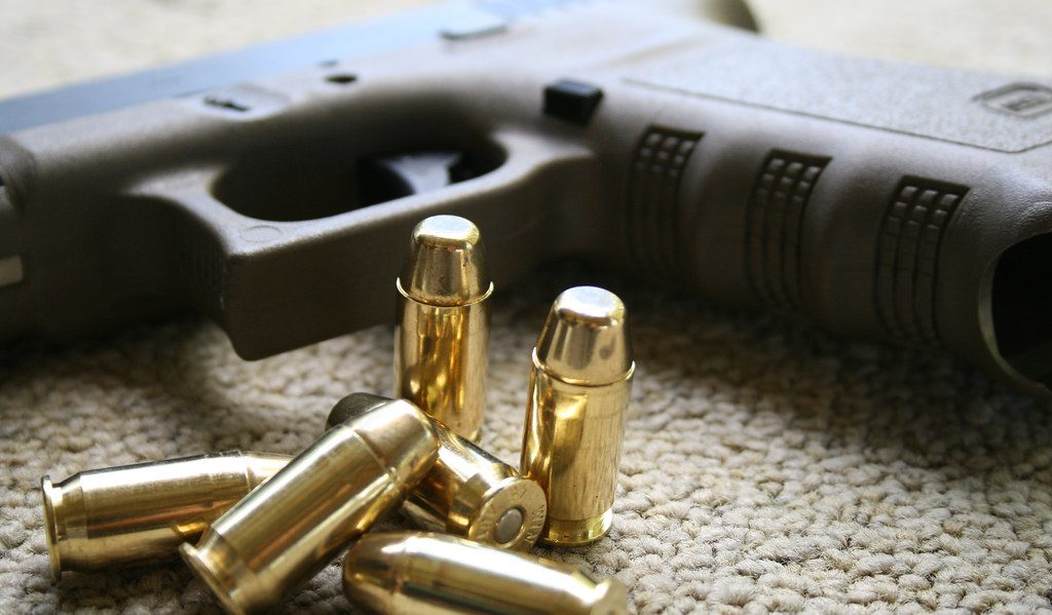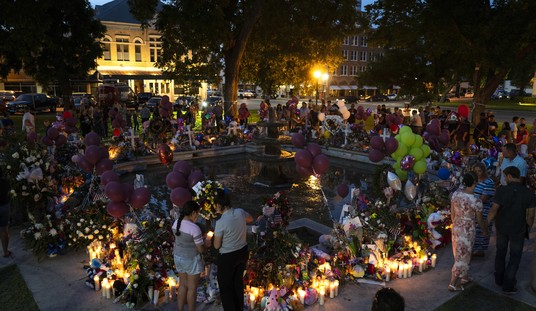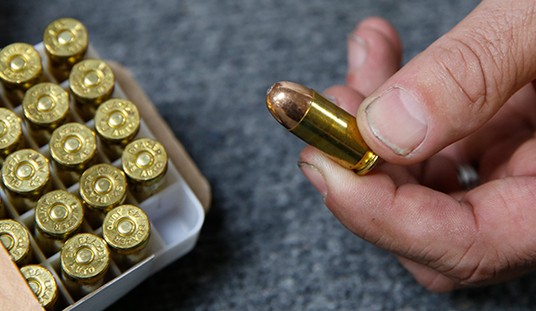Minnesota is one of a handful of states where Democrats were able to gain complete control of the levers of state government on Election Day, and though their majority in the statehouse is slim, House Democrats are already vowing to introduce several new anti-Second Amendment measures when lawmakers return to the state capitol in January.
Among the items on their to-do list? Universal background checks and a “red flag” law.
Rep. Dave Pinto, (DFL) St. Paul, told 5 EYEWITNESS NEWS his background check bill would require anyone purchasing a gun to have a criminal background check done by the local law enforcement agency where the sale is taking place, but it would also have exceptions for the transfer of guns between immediate family members.
“We have background checks on all gun sales and this would require them on all gun sales,” said Pinto. “Immediate family members, siblings, spouses, parents, grandparents, the background check would not apply. But, if you have a second cousin, you may not know about that person’s criminal record.”
Rob Doar, with the Minnesota Gun Caucus, told 5 EYEWITNESS NEWS the criminal background bill is too broad.
“It says all transfers. Now, if I were to loan you a firearm to go hunting for the weekend, that’s a transfer,” said Doar. “If you need a gun for self-defense in your home and maybe you don’t have the funds and I have a spare one, that’s a transfer and we’ve have to go to a federally licensed dealer in order to process that transfer.”
Doar is correct about the bureaucratic red tape that legal gun owners will be wrapped in if Pinto’s background check bill becomes law, while the anti-gun legislator is forgetting one simple fact: most criminals aren’t legally acquiring their firearms to begin with, and they’re not going to be going through a background check when they steal a firearm or buy one on the street. In fact, in states like Washington and New Mexico, which enacted universal background checks in 2016 and 2019 respectively, violent crime has only gotten worse since the new laws took effect.
While criminals are unscathed by the background check requirements, many rural Minnesotans would be forced to drive long distances in order to get to their nearest FFL to conduct a background check, even on temporary transfers, if they want to abide by the proposed restriction. This would undoubtably have a chilling effect on the right to keep and bear arms with no real benefit to public safety.
The MN Gun Owners Caucus also objects to Pinto’s push for a “red flag” law, which the group says should at least allow for an adversarial hearing where the subject of the Extreme Risk Protection Order can provide a defense to the allegations against them. That would be a major improvement over most “red flag” laws, as would the ability for those subject to an ERPO to have access to a public defender, but even then the legislation suffers from the fundamental flaw of deeming someone to be dangerous but failing to provide any kind of treatment; instead taking their guns away and calling the problem solved.
Like many other states, Minnesota is experiencing a crisis in its mental health system, with a shortage of inpatient beds for those who need acute care as well as a shortage of mental health workers in outpatient settings. The problem is so bad that back in February the Star-Tribune newspaper reported that more than 10,000 people were stuck on a waiting list to see a counselor.
That’s a huge problem, and one that’s not particularly easy to fix. Dodging the issue entirely by adopting a “red flag” law and gaslighting the public into believing that the gun confiscation orders have anything to do with mental health, however, isn’t the answer.
Despite the fact that Democrats now have majorities in both legislative chambers, passage of either of these bills is not assured. There are several rural Democrats who’ve expressed reservations about new gun control measures, and Minnesota gun owners will be extremely active lobbying their representatives to hold firm against any infringement on the right to keep and bear arms and to focus instead on ensuring consequences for violent criminals and care for those in critical need of mental health treatment.










Join the conversation as a VIP Member